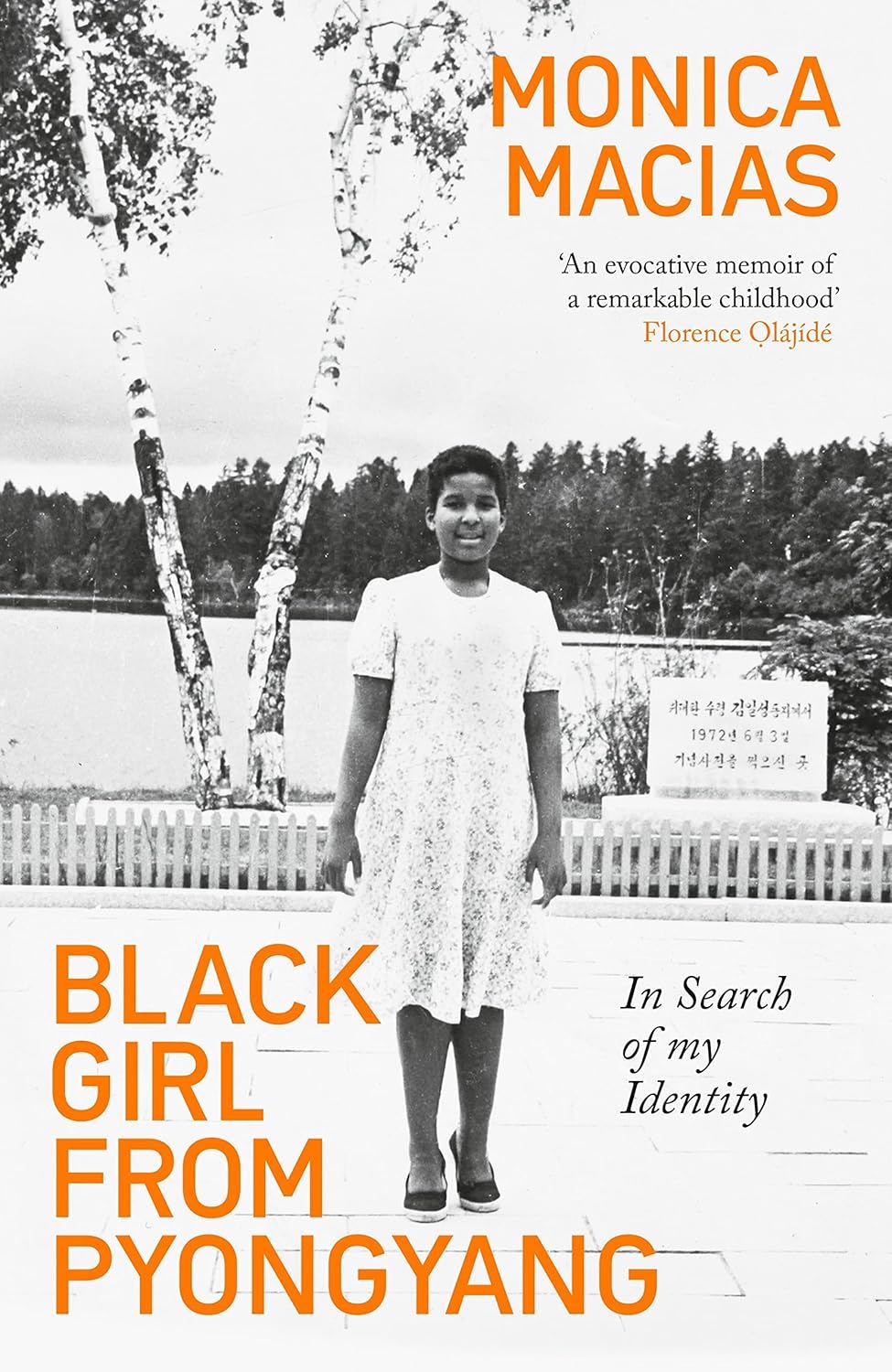Upon picking up Black Girl from Pyongyang: In Search of My Identity by Monica Macias, an immediate interest to discover Macías intriguing journey emerges.
The author relays in her memoir, her experiences, travels, her search for identity, the impact her quest left on her and the questions raised throughout.
Aged seven, Macias was sent by her father, Francisco Macias Nguema President of Equatorial Guinea, with her siblings from West Africa to North Korea.
For the world Francisco Macias Nguema is remembered as a brutal dictator, for Monica Macias, she recalls a father. It is within this framework the memoir makes its way.
After a military coup, and the execution of Francisco Macias Nguema, Monica Macias was left in Pyongyang at a military boarding school under the guardianship of Kim II Sung. By placing her and her siblings there, the aim for Macias’ parents, was that one day after their studies came to an end, they would return to Equatorial Guinea to counter the consequences of the coup.
Being the youngest, Monica Macias was kept in North Korea long after her siblings had left. She forged her life in North Korea, becoming fluent in the language and culture, to the point of even forgetting her mother tongue. After a difficult start, Macias enjoyed her life in North Korea, though she later questioned whether she had been in a bubble protected of all that was happening in the country.
Once of age, and after years of having to explain her identity to all she met, Macias’ curiosity for the self and for the world, propelled her to embark on discovering her identity, exploring what had led her to North Korea, and to learn about her father and the war in Equatorial Guinea.
Macias sets off to delve into her roots, traveling to the cities of Madrid, Malabo, New York, Seoul and then London. At first she is taken aback to discover contrasting thoughts on her homeland as well as her adoptive homeland from those she had held or perceived, hearing different political perspectives that opposed the views she had been taught.
Initially Macias felt alienated from the cultures she was discovering, only relating to what she had known from the age of seven in North Korea and missing food from her adoptive homeland. She went from thinking of Kim II Sung as a saviour type figure, to seeing him in a different light through her travels and the media, and discovering what her father represented for many in Equatorial Guinea.
Macias’ thoughts unravels and she starts to take hold of new encountered perspectives and her new life, challenging the notion of identity throughout.
Monica Macias memoir draws you in, offers different views, it challenges perceptions, a personal journey where the author untangles through her surroundings and upbringing, and provides an insight into North Korea, the culture, landscape, as well as everyday occurrences.
The author pens in a frank explorative manner, an incredible life story shared, delving into identity and beyond, resulting in a book that is thought provoking, investigating the meaning of home, looking at race relations, friendships, family relations, war, colonialism and international relations.

Black Girl from Pyongyang: In Search of My Identity by Monica Macias, published by Duckworth
